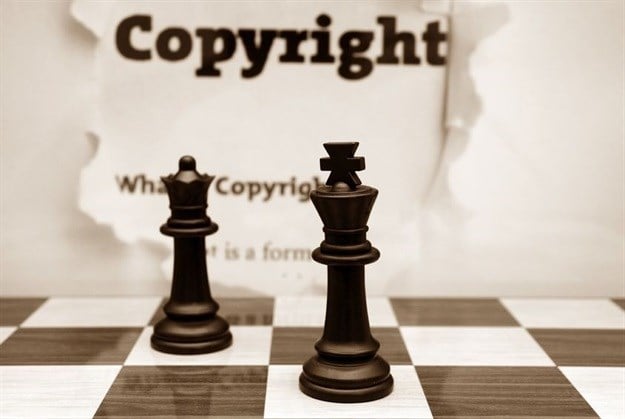






The organisations – SAMRO, CAPASSO, DALRO, RiSA, SAMPRA, MASA, MPA SA and PASA – collectively represent most of the country’s music creators and publishers, as well as book authors and publishers.
“While we welcome the dti’s intent to modernise the copyright regime, as the Copyright Alliance we are concerned that certain provisions in the Bill, if passed into law, disadvantage the very creators the Bill aims to protect,” said Southern African Music Rights Organisation (SAMRO) CEO, Nothando Migogo.
She explained that the Copyright Amendment Bill suggests that users (eg broadcasters, digital music services) of copyright-protected material should enjoy the same privileges as the creators of that material.
“This would mean that a user is given the right to earn income, royalties, from material that is not theirs. This is in direct conflict with the basic principles of copyright law. This would naturally dilute the revenue payable to creators in the music and literary industries, pushing them into further financial woes.”
Further, where the state or other organisation commissions a creator to create content, the Bill proposes that such commission triggers an automatic loss of copyright in that content – a proposal that will see composers and authors lose their existing right to earn royalties from SAMRO (performing rights revenue) and CAPASSO (mechanical rights revenue) when, for example, broadcasters use their work. This would also theoretically apply to filmmakers funded by the state, who would lose control of their work should they forfeit their copyright ownership.
Migogo said the Copyright Alliance’s final major concern is around the Bill’s insistence on significantly increasing and making blurry the instances where copyrighted material can be used, many times by large multinational organisations, without compensating, or even alerting, the copyright owner.
In the current version of the Act, a creator knows when their song or book can be used (by the media, a school etc) without compensation for such use. This Bill essentially says ‘well, you can use it for free as long as a court of law will find the use to be fair.’
It introduces a very vague concept to the law that will force many songwriters and authors to approach the courts in an attempt to protect their copyright. This vague concept of ‘fair use’ is a direct import from the USA, a very litigious society where the court system works much faster than it does here in South Africa.
It is confusing how we call for stronger systems (legislation and institutions) to work towards ensuring creators live better quality lives and are able to retire and pass on with dignity, yet our legislators are pushing laws that weaken the system that protects them.
How can it be the intention of the lawmaker to put academic writers of prescribed university books in the position where a university buys one copy of the book and makes free copies for its 2000 students, without compensating the author at all?
Having written to the portfolio committee considering the Bill to articulate its concerns, she added, “The Copyright Alliance is more than willing to engage the committee in a workshop in order to demonstrate how copyright underlies the basis of the music and literary industries.”